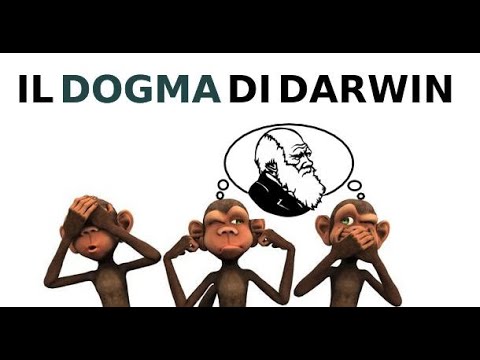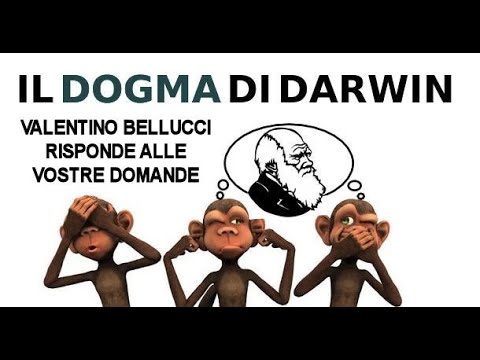Remembering 2021
.jpg)
(December 16, 2021, go to the art gallery)
Child regressions in an unmanageable reality
Reality is dual and carries contradictory facts, news, feelings, opinions, and beliefs. Opposites coexist. Usually, we can manage the conflicting nature of existence simply by focusing ourselves, that is, by creating a personal reality in which everything is coherent: as long as basic needs are satisfied (money, social recognition, love and friendships, health and sex, sports and other interests, etc.) this trick can work. This precarious attitude does not require great responsibility: we can divide things into "white" and "black," "right" and "wrong," "true" and "false," and spend an entire life in ignorance but satisfied. This comfortable view of reality forces us to make enemies: the existence of the enemy, who is always in error, justifies our way of life, which will therefore be, more or less, always correct.
However, the current social context makes this fake comforting living increasingly tricky. In general: money is lacking; social recognition implies complete masochistic prostitution to the dictatorship of the moment; love is more precarious than a job; friendships in social networks are often fake; health has given way to the fear of death and the near-certainty of not receiving help in case of need; etc.
These challenges do not affect all people; however, there is a substantial existential discomfort for the majority, partly because people lack reference points.
The information that comes through TV and social media is, on the whole, completely unreliable: it is contradictory and often based on a faithful adherence to an ideology. The words of the politicians in charge and their helpers are mandates; their words are truths lowered from overhead that are contradictory because politicians deny themselves without a moment of remorse or admission of guilt.
We live in "cognitive dissonance," a state of confusion of the human mind that leads the individual and the masses to regress to previous stages of the evolution of the reason, which is the child one.
In other words, when we live in a situation that rationally is not sustainable and without a solution because of hopeless conflict, our mind regresses to a child state. We ideally put ourselves in the hands of parental authority, which will solve the problem. Symbolically, we give this parental authority to those who govern us because reality has lost all sense, and therefore we have no choice but to rely on someone.
We can choose who we prostitute ourselves to; for example, some suitable authorities might be: the prime minister of the moment, any religious leader, the head of some cult, an angel, a demon, a lover, an alien, the office manager, our executioner, etc. Anyway, we sell our souls, replacing our conscience with someone else's.
From this point of view, asking God for help is just as childish and dangerous as asking Satan for help.
The alternative is to reject all faiths except faith in ourselves. This choice is the most challenging since it requires a lot of awareness and, in any case, it can lead to martyrdom, abandonment, social exclusion, loss. However, the similar attracts the similar, so, in reality, we are never alone.
(December 18, 2021)
FULMINE
Scocca un lume e si spegne,
strusciano due pietre e scintillano in fulmine.
Natura sia che colpisce e ferisce,
natura sia che illumina e cattura.
Sempre vive in me, essere umano, il fulmine e il lume;
solo che l'equilibrio vanta del suo andare su e giù.
Il tempo segna e scolpisce le ferite.
In avanti sempre devo andare.
(Marta Pecci, 17 dicembre 2021, www.viverecondividere.net)
Teoria di Darwin e dogmi scientifici: cosa c'è che non va? Interviste a Valentino Bellucci
Le interviste sotto riportate sono state fatte nel 2019 da Massimo Mazzucco a Valentino Bellucci (fonte), morto nel dicembre 2021. E' stato filosofo e scrittore, esperto di storia e spiritualità orientali, autore del libro "La chiesa di Darwin".
Nel 2015, nelle conclusioni dell'articolo «L'evoluzione della specie: riflessione concettuale su che cos'è il "caso"», scrissi:
Riflessione personale... ma che cos'è il "caso"?!! Esiste realmente o è un artificio concettuale per dare ragione di tutto ciò che non è prevedibile dalla mente umana?! Postulare l'esistenza del caso non è forse un modo per spiegare ciò che altrimenti non è spiegabile? Se le cose stanno così, allora postulare il caso non è tanto diverso dal postulare un'essere trascendente... perché in entrambi i casi il risultato è sempre lo stesso: ricorrere ad un espediente per spiegare quello che non può essere spiegato.


